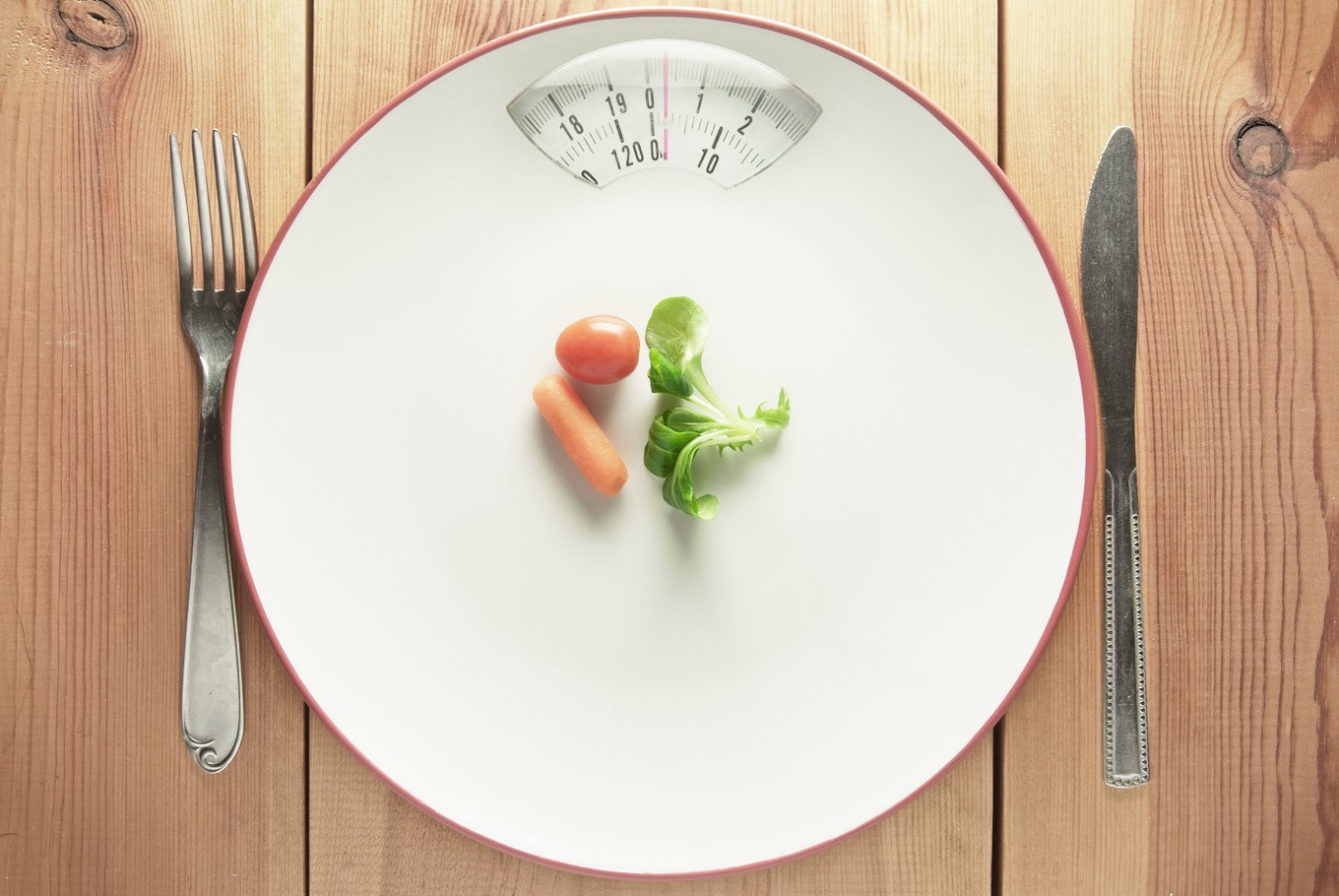Popular Reads
Top Results
Can't find what you're looking for?
View all search resultsPopular Reads
Top Results
Can't find what you're looking for?
View all search resultsThis is what happens when you are hungry
Change text size
Gift Premium Articles
to Anyone
H
ormones don’t exist in a vacuum. No single hormone can be classified as good or bad. Instead, hormone levels are constantly changing, influencing each other as well as impacting different systems in the body. It’s when there is too much or too little of a hormone that problems can arise or when nutrients and chemicals in our diet and environment disrupt the auto-regulatory system of the body.
Introducing two hormones that can directly affect your weight loss and weight gain efforts; the first is leptin. Leptin is an extremely important hormone in relation to fat loss/weight gain. Leptin is a “hunger hormone”. Its job is to basically tell your brain that you are full and satisfied when eating.
However, this process can be interrupted, causing leptin resistance where your body no longer listens to leptin’s message resulting in overeating or not feeling full or satisfied. Stress, sleep deprivation, high-calorie foods and fructose can turn your leptin response off, allowing you to overeat.
Exercise and proper fat loss nutrition have the opposite effect. This is why most people can’t simply “eat less” to lose weight. They always feel hungry or their satiety level does not last long. Encouraging a good leptin response can make fat loss feel effortless.
The second hormone is ghrelin, which is considered the counterpart to the hormone Leptin. Think of Ghrelin as your “go” hormone. It should naturally increase before meals (sending hunger signals to the brain) and likewise decrease after meals helping with satiety levels. The very interesting thing about dieting is that it directly affects the ghrelin function.
Research has shown that ghrelin levels rise immediately with calorie-restricted diets for weight loss. Successfully lean people do not “diet”, they “eat for fat loss”, which creates an optimal hormonal profile for long-term success. A simple fact is the more a person restricts calories, the hungrier they get! It is almost as if semi-starvation triggers gherlin to increase. The research concluded that this might be part of the reason that individuals regain weight lost, plus extra, through calorie restrictive dieting.
The level of ghrelin within the body is highly dictated by the nutritional status and hydration levels of the individual. In other words, ghrelin also regulates water and fluid intake, so if you drink a glass of water when you are hungry, ghrelin signals can be satisfied and reduce the feelings of hunger for a while. This provides a simple way to control your hunger. Research suggests that “one 250ml glass of water before every meal decreases the amount you will eat by at least 8 ounces and suppresses ghrelin for longer after the meal”.
To lose weight without feeling terrible and constantly hungry you need to effectively manipulate the brain’s hunger signals. Therefore, to optimise these two fat loss hormones and achieve long-term fat loss you need to reduce stress, get quality sleep, eat low GI nutrient dense foods, limit fructose and stop calorie restrictive dieting. If you do these actions you will feel great and effortlessly lose weight. (asw)












